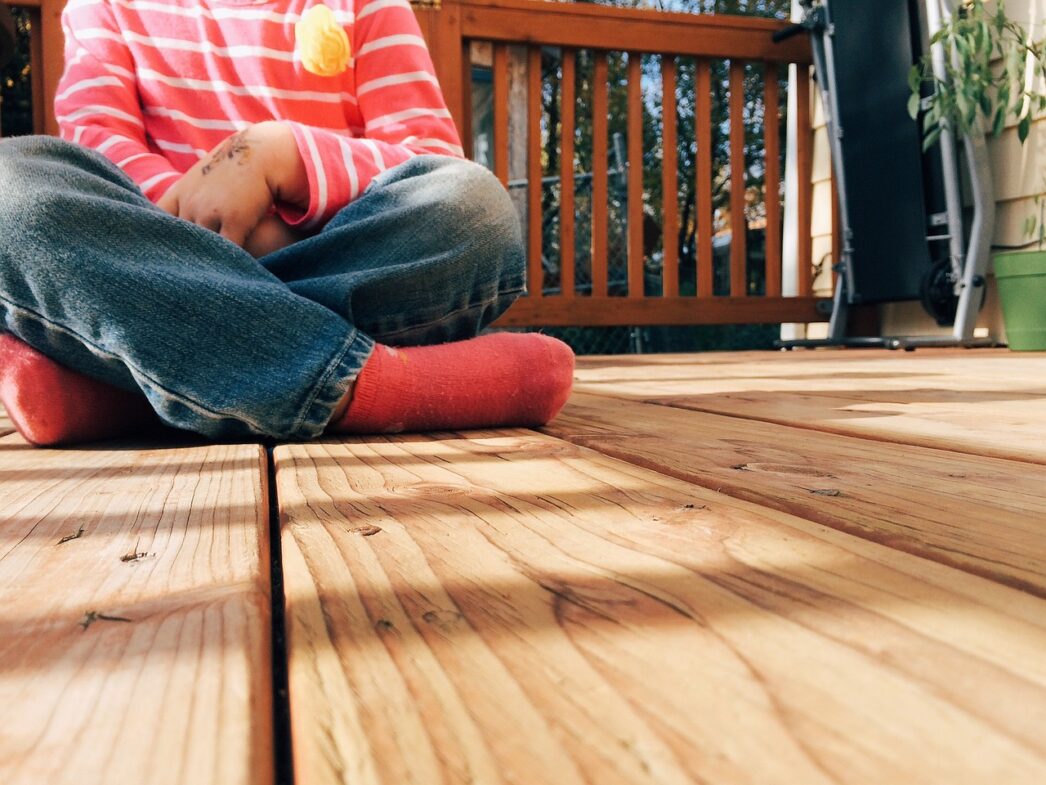This pandemic has been challenging for all of us. But for those with disabilities and those who are disadvantaged in systems already, these challenges are much greater. This is the case for most individuals with FASD and their families. In some cases, families have been able to cope better during this time, finding comfort in limited societal expectations. However, many are struggling.
In December, I had the opportunity to talk with many FASD service providers in Alberta who shared some of the experiences of individuals with FASD. I suspect that these are and will be the experiences of many and I hope sharing these experiences will bring awareness to these situations.
Many individuals were vulnerable before the pandemic and are now much more vulnerable due to public health restrictions. Many service providers reported that a number of individuals with FASD are confused by the rules and recommendations that continue to change as new information comes to light. This has led to situations of “disruptive behavior”, which has, in some cases, resulted in individuals being banned from or having limited access to certain places or services, like public transportation.
Some individuals have increased their substance use to cope with feelings of isolation and loneliness that come from a lack of support and restriction to services that they once relied on. This increased substance use often leads to further poor outcomes. Service providers are seeing an increase in loss of housing, failing family relationships, criminal activity, and mental health difficulties.
Since the first restrictions implemented last March, many individuals have not had adequate health care. They have struggled with getting prescriptions renewed and getting appointments to see a practitioner. With most health care bookings and meetings happening virtually these days, those without reliable phone and internet services are left behind. Additionally, lack of transportation – either by personal care or by terminated public transport privileges – limits access to health care services.
Of course, mental health continues to be a worry for everyone. The closed or limited hours of many service providers has left many individuals without the support that they need and without the social contact that we all require. Service providers have expressed their concern about how to stay in contact with individuals who are transient or without wifi/cell coverage. It is a burden to both the service providers themselves and to those they serve.
In addition to all difficulties in accessing health care, housing, personal support, and transportation, the CERB funding has created much confusion. Many individuals have received CERB when they weren’t entitled to it. They are now in the position where they have to pay back both their provincial and federal funding. This has left many people in very dire and confused states.
Up to this point, we have described mostly the experiences of adults with FASD, but it was also reported that many families with children with FASD are struggling. Online education has changed many routines and caregivers are having trouble managing their child’s education. In many cases, no learning from home is taking place. Some families are experiencing violence from their child but are afraid to discuss this openly in fear of losing their child.
The COVID-19 pandemic has caused challenges for all Canadians and many are struggling to cope. It is true that people with disabilities and their families are experiencing disproportionate impacts of the pandemic, but in listening to all of these situations, it would seem that individuals with FASD are at great risk of falling through the cracks. Many service providers shared the worry that it will take months if not years, to find people and help them back to pre-pandemic stability. We hope that by sharing these stories we can raise awareness of the vulnerabilities that people with FASD and their families are experiencing.
Written by Audrey McFarlane, CanFASD Executive Director

